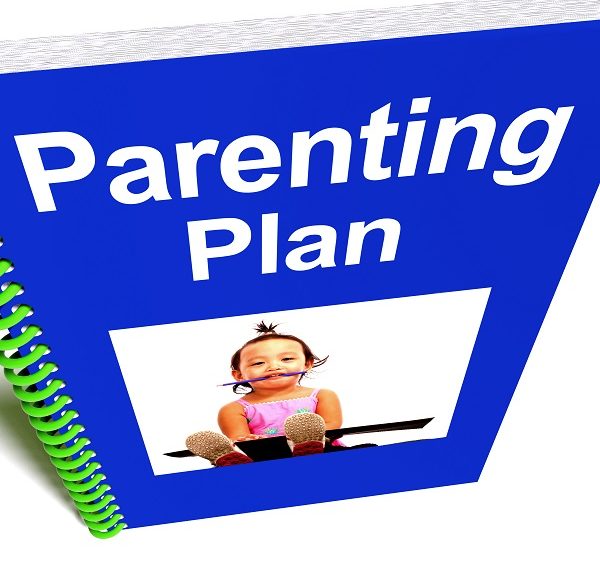The cost of hiring an attorney for representation in a divorce can range from a reasonable sum to quite expensive depending on the complexity of the case and whether the parties cooperate with one another. For some parties to a divorce, however, their legal fees may be shifted to the other party. California state law provides for the court to order one party to pay the other’s attorney’s fees or costs under certain circumstances.
A foundational requirement for the court to consider when ordering such payments is whether a party “has or is reasonably likely to have the ability to pay.” The law also says that the court “shall not impose a sanction . . . that imposes an unreasonable financial burden on the party against whom the sanction is imposed.” Regardless, then, of the reasons that a party may be found liable to pay the other’s attorney’s fees, if he cannot afford to pay, the court is restrained from issuing such an order.
An order to pay another party’s fees is usually based on a disparity of income between the parties. California Family Code § 2030 imposes a duty on the court to “ensure that each party has access to legal representation.” Accordingly, the court may order a party with sufficient resources to pay the fees of the party with insufficient resources.
The law also states that a party may be ordered to pay based on how the “conduct of each party or attorney furthers or frustrates the policy of the law to promote settlement of litigation and, where possible, to reduce the cost of litigation by encouraging cooperation between the parties and attorneys.” As an example, a party who refuses to engage in settlement discussions, files numerous and frivolous motions, and is otherwise uncooperative may be ordered to pay the fees and costs of his soon-to-be ex-spouse.
The law provides that before making an award, the subject party will be given due notice and an opportunity to be heard on the matter. In addition, the court is required to consider all of both parties’ “incomes, assets, and liabilities” before ordering a party to pay.
A party against whom an order has been issued may only pay the fees and costs from his own property or income. In a divorce, assets are deemed either community—that is—owned equally by both, or separate—owned by one or the other. A party ordered to pay must do so from separate assets or from his share of the community assets.
If you are facing a divorce proceeding, especially one that promises to be contentious, you should consult with an experienced California lawyer. The attorneys at the Law Offices of Judy L. Burger are well-versed in difficult divorce proceedings and what it takes to win an award of fees and costs. Call today to see how we can help you: (415) 293-8314.











